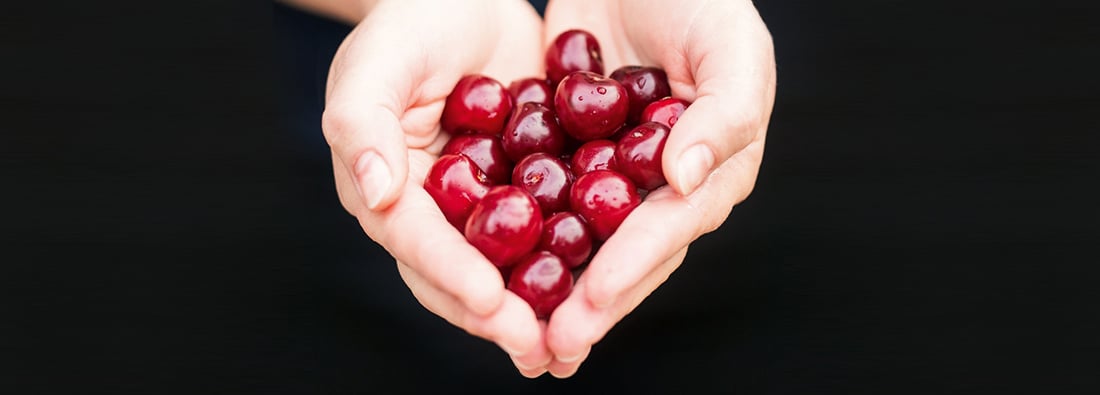In all conscience


In line with the annual theme of Cultural Events, the collection managers at BCUL site Unithèque offer you a selection of documents on self-awareness, the world, and their existential impact. A selection of documents to discover – and borrow – at BCUL site Unithèque from October 18 to 14, 2018. Beyond this date, the selection remains visible online at this address.
Consciousness is the root of all knowledge and of all relationships to oneself and to the world: self-awareness, moral awareness, political awareness, ecological awareness, and so on. Turned inward, it enables individuals and society to know themselves better and live more in harmony with themselves. Looking outwards, consciousness also enables us to understand the world around us, so that we can act consciously towards others and the environment in which we live.
The BCUL’s selection of documents reveals some aspects of academic research on the theme of consciousness. Since ancient times, self-knowledge has been the starting point for philosophical reflection. For Socrates, self-knowledge means becoming aware of one’s true nature and, at the same time, of one’s place in the world. This self-knowledge can be achieved through introspection, but also through dialogue, as in Alcibiades. In literature, the proliferation of self-narratives, from Augustine’s Confessions to Georges Pérec’s autobiography (W, or, Le souvenir d’enfance) or Nathalie Sarraute’s (Enfance), also demonstrates the author’s interest in taking oneself as an object of study and reflection. On the scale of a people or social group, the study of history helps to build or reinforce a collective identity, or on the contrary, to help it evolve. This is the case, for example, of European consciousness, so important in the aftermath of the Second World War, or more recently, of ecological or feminist thought. In both cases, collective awareness necessarily precedes decision-making and political or social commitment.
In psychology, current research, with the help of neuroscience, highlights the role of the brain in the emergence of consciousness. But is our perception of ourselves and the reality around us just a matter of neurons? Cognitive-behavioral psychotherapies, for their part, propose to intervene on mental processes, whether conscious or not, in order to treat addictions, depression and other psychoses. Following in the footsteps of philosophical and religious traditions such as Stoicism and Buddhism, John Kabat-Zinn invites his patients to practice mindfulness meditation, which involves refocusing on the present moment, here and now.
While self-awareness may seem egocentric, this initial awareness can be accompanied by awareness of others and of the more global environment in which we live. Scientific research is no exception to this trend: sociology studies human beings in their social environment, reminding us of the importance of others in everyday life, while biology enables us to think about living things, studying, for example, the emergence of consciousness in animals and plants. This awareness of the world around us and of future generations, for whom we are responsible, has given rise to an ecological way of thinking represented by Dominique Bourg at the University of Lausanne. Similarly, in recent years, this awareness of others has led to the development of a genuine ethic and politics of “care”, focused on caring for others and valuing empathy over competition. New, more conscious lifestyles are emerging, such as the voluntary sobriety advocated by Ivan Illitch and Jacques Ellul, or more recently by Pierre Rabhi and Serge Latouche, with a view to a degrowth society.
To find out more about some of these aspects and dive into the heart of university consciousness, come and discover our selection of documents at the Unithèque, or browse them from home at this address. Enjoy your reading!
Maël Goarzin
Head of philosophy and psychology collections, BCUL site Unithèque